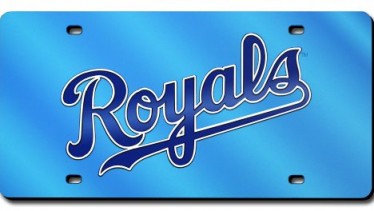The company filled out its product line with two new iPads, a 27-inch iMac with eye-popping Retina display, and OS X Yosemite, Apple's latest desktop operating system.
The 90-minute event at Apple's headquarters here was a subdued encore to the Sept. 9 mega-launch of the iPhone 6 and 6 Plus, Apple Watch and Apple Pay.
Apple CEO Tim Cook said Apple's new payment service, Apple Pay, has more than 500 business partners - including American Express, Visa and Walgreens - and will debut Monday.
He also said the long-rumored Apple Watch will be available early next year.
If the September event had the buzz of a richly anticipated Broadway premiere, Thursday's news conference felt decidedly off-Broadway - save for a cameo from comedian Stephen Colbert.
Though not as flashy, the iPad event is significant in Apple's pursuit of the tablet market. The company introduced two new iPads - the pencil-thin iPad Air 2, which starts at $499, and the iPad mini 3, starting at $399.
Prices across the line now range from $249 for the original iPad mini to $699 for a top-of the line iPad Air 2, to woo corporate customers and to "address the lower end" of the market, says Greg Sterling, a contributing editor at researcher Search Engine Land.
Sales of the iconic tablet, first introduced in 2010, are down 9% for the year, but Apple still leads in market share, with 26.9%, according to market researcher IDC.
The addition of Touch ID fingerprint identification technology to the new iPads could reverse that trend and prove to be technological catnip for large businesses, Bajarin says.
More companies are using iPads as work tools, but security is important to them. "Everyone we talked to wanted the Touch ID for security," he says.
Apple has sold more than 225 million iPads in its first four years - the most for any Apple product. Some 675,000 apps have been written for iPad.
The product with the greatest potential impact - Apple Pay, which is preloaded in Apple's new phones - faces competition from Google Wallet and PayPal but is likely to flourish in a fledgling market.
U.S. mobile proximity payments soared 115% to $1.6 billion last year, eMarketer estimates. About 8% of U.S. smartphone users (11.2 million) made mobile payments last year, up 57% from 2012.
"We think (Apple Pay) is going to be profound," Cook said. "It's going to change the way we pay for things."
"Just as new products and services from Apple reshaped other industries, Apple Pay will reshape payments," Forrester analyst Denée Carrington says.



















